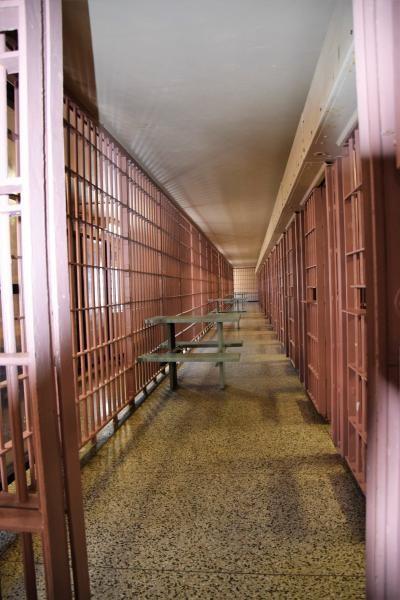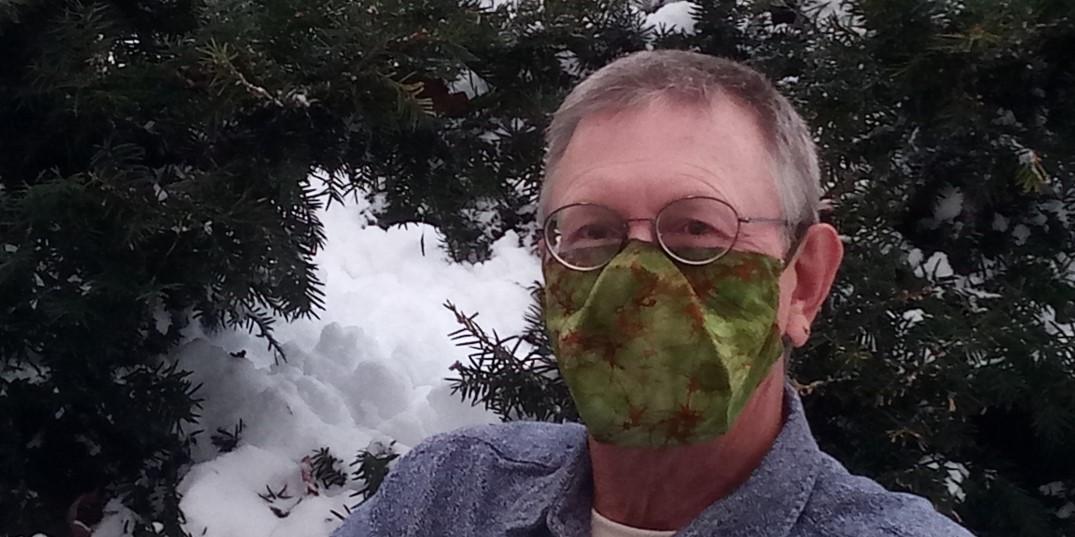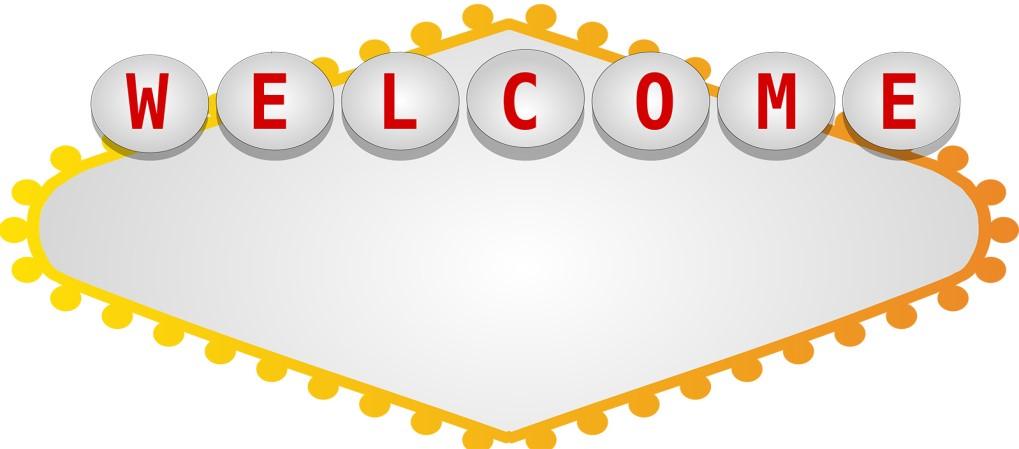
6 minute read
Opinion: More Eviction Relief
Other than coming to work at LSCNY, tell us about a legal accomplishment that you are most proud
of?
Advertisement
MEC:
I was a Law Guardian assigned to represent a child charged with criminally negligent homicide. I challenged the client’s confession and, ultimately, the case was dismissed.
SY:
What do you like to do when you are not practicing law?
MEC:
I enjoy planning trips for my family. In 2019, we went ‘out west’ and traveled to Phoenix, the Grand Canyon, Four Corners, Mesa Verde National Park, Arches National Park, Bryce Canyon National Park, Zion National Park, and Las Vegas – I have over 800 photos from those
What is one fact about you that your colleagues would be surprised to learn?
MEC:
Even though I am a life-long resident of Syracuse, I easily get disoriented in the Clay/Cicero area. I’m very
grateful for GPS and Google maps!!
SY:
Tell us one thing you have done to stay sane during COVID?
MEC:
We’ve really had a great year weather-wise with a nice hot summer (I love those 90 degree days) and mild fall. I enjoyed spending time outside!! 13 days!
Also, my family and I have been playing board games-- we had a really fun game of Candyland on Thankgiving !! (yes, we kept it all those years and still have it even with teenagers in the house!)
Opinion
New Yorkers Need Further Eviction Relief to Protect Tenants
By Sam Young, Director of Advocacy
Since the beginning of the COVID-19 pandemic, tenants in New York State have benefitted from a series of orders and legislation effectively halting evictions up until this point. After Governor Cuomo declared a state of emergency in New York due to COVID-19, Chief Administrative Judge Lawrence Marks stayed all pending and new evictions beginning March 17th. Three days later, Governor Cuomo, by executive order, issued the first of several New York State moratoriums on residential and commercial evictions and foreclosures. The orders of both the Governor and Chief Administrative Judge recognized the severity of the public health crisis, and the potential that both hearing landlord-tenant cases
and carrying out evictions have for exacerbating that crisis. At a time when New Yorkers across the State were being urged to remain at home, the idea of removing people from their homes, and forcing them into shelters or doubling up with friends and relatives, seemed to be a very poor idea from a public health perspective. These orders remained in place until after the New York State Legislature passed the Tenant Safe Harbor Act, a law that protects tenants from orders of eviction when they have suffered financial hardships as a result of COVID-19. This law, as helpful as it is, has significant limits. First, it only protects tenants in “non-payment” evic-
tions—those in which tenants are being evicted because they have not paid their rent. Second, while the law creates a defense to evictions in non-payment cases, the tenants must raise the defense, and prove that they have experienced financial hardship during the COVID-19 period. This will be difficult, if not impossible, for the large numbers of tenants who have to appear in court without an attorney. Finally, the law does not require that the non-payment eviction proceedings be dismissed, but only
that no order of eviction may be issued while the state of emergency remains. Landlords may still obtain judgments against their tenants for unpaid rents. As a result, even tenants who escape orders of eviction during the current state of emergency will be faced with large financial judgments, and in many cases will have no ability to pay those judgments.
In September, the federal Centers for Disease Control issued a nationwide order also preventing eviction orders
against tenants in non-payment cases until after December 31, 2020, for tenants who can prove that their inability to pay their rent is due to financial hardships experienced during the COVID-19 emergency. The public health goal of the CDC in issuing this national order was to decrease “the spread of COVID-19 within congregate or shared living settings, or through unsheltered homelessness.” After the CDC acted, Governor Cuomo made several additional executive orders, expanding the coverage of the Tenant Safe Harbor Act until at least January 1, 2021, and providing tenants additional time to appear and answer on attorneys have made considerable efforts to educate our own staff, the greater bar, and members of the public about the protections available to tenants facing evictions during this time. The problem is that these protections, as helpful and wellintentioned as they are in the short term, will largely expire in less than one month. The expiration of the state and federal protections will inevitably lead to a great wave of evictions which will come crashing down on renters throughout New York State and across the nation. Landlords are already lining up to file their eviction proceedings. These cases are being heard in somewhat limited numbers now, and mostly adjourned until 2021. Starting in January of the new year, however, the floodgates will open, and we can expect record eviction filings, followed by thousands of tenants facing evictions and potential homelessness. The same filling of homeless shelters or doubling up of households, avoided up until now, will occur, giving opportunity for the COVID virus to furout of vaccinations. Public health experts have created a nationwide model, looking at states which have lifted their eviction moratoriums, and have found that there is a noticeable increase in COVID infections and deaths following the expiration of state moratoriums. Allowing these eviction moratoria to lapse has resulted in over 433,000 additional COVID cases,
and 10,700 additional deaths, in the weeks and months following the expirations. At a time when our state and nation are experiencing a second wave of infections, allowing evictions to resume at the height of the pandemic and in the midst of winter, along with the accompanying housing instability and homelessness, seems like a very
non-payment evictions, until after January 1st. LSCNY
ther spread, prior to the large-scale rollpoor public health strategy. New Yorkers have been fortunate to have had the benefit of good leadership on these issues from our executive, judicial, and legislative branches up until now. As the new year approaches, and with it the threat of a new wave of evictions and homelessness, we need our leaders to continue to enact good public health policy by extending the protections from residential evictions beyond January 1st. Further, as a matter of public health, the state should consider an outright ban on all eviction proceedings for the duration of the COVID-19 pandemic. Moreover, state and federal governments should explore the creation of a fund to pay off/forgive rents incurred during the pandemic, preventing tenants from having large monetary judgments hanging over them, at a time when so many are out work.
Housing advocates demonstrate outside the building which houses New York Gov. Andrew Cuomo's office in September.
Only by prompt and comprehensive action at the state and federal levels can we hope to ride out both the current pandemic and the pending eviction crisis, without allowing the wave of evictions and infections to come crashing down on renters everywhere.







